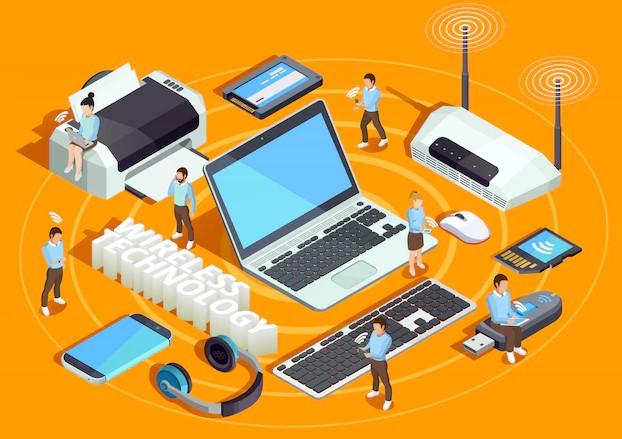There are a lot of different types of networked devices out there, and many of them are vulnerable to being hacked. Here are some tips on how to protect your devices from being hacked:
– Keep your device updated: Make sure that you’re always using the latest security patches and software updates. This will help protect you against attack vectors that have already been patched.
– Use a good password: Choose a strong password that’s unique and easy to remember. Don’t use easily guessable words or phrases, and don’t use the same password across different sites or apps.
– Enable two-factor authentication: This will help protect your account even if your password is compromised. You can also set up password recovery codes in case you lose access to your account for any reason.
The Importance of Securing Networked Devices
In today’s digital world, our networked devices are more connected than ever before. While this makes our lives easier, it also means that they’re more vulnerable to malicious attacks and hackers. It’s important to take steps to protect your devices from being hacked, as any unprotected device can be used as a gateway for cybercriminals to gain access to your data.
One of the most important things you can do is keep your software up to date. Outdated software is one of the biggest security risks, as hackers can exploit any known vulnerabilities in outdated versions of applications or operating systems. To make sure that your devices are always secure, make sure to update all applications and operating systems whenever new versions are released.
You should also use strong passwords for all accounts associated with your devices, and enable two-factor authentication wherever possible. This will add an extra layer of security and make it much harder for hackers to gain access even if they have stolen or guessed your password.
It’s also important to be aware of the signs that your device has been hacked so you can act right away if needed. Common signs include unexpected pop-ups or changes in browser settings; unfamiliar programs running on the device; slow performance or strange behavior when using certain programs, and suspicious emails arriving in the Inbox with links or attachments sent by unknown senders. If you spot any of these signs on one of your devices, contact a professional immediately and consider changing all passwords associated with it.

Conclusion
Networked devices are becoming increasingly common, and as they do, it’s important to take steps to protect them from hackers. Keep your software up to date, use strong passwords for all accounts associated with the device, and be aware of signs that it may have been hacked. If you suspect that your device has been compromised, contact a professional right away.

